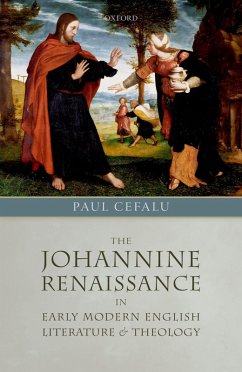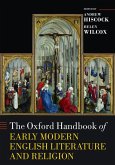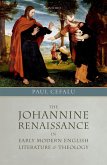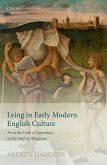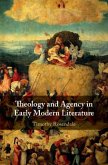The Johannine Renaissance in Early Modern English Literature and Theology argues that the Fourth Gospel and First Epistle of Saint John the Evangelist were so influential during the early modern period in England as to share with Pauline theology pride of place as leading apostolic texts on matters Christological, sacramental, pneumatological, and political. The book argues further that, in several instances, Johannine theology is more central than both Pauline theology and the Synoptic theology of Matthew, Mark, and Luke, particularly with regard to early modern polemicizing on the Trinity, distinctions between agape and eros, and the ideologies of radical dissent, especially the seventeenth-century antinomian challenge of free grace to traditional Puritan Pietism. In particular, early modern religious poetry, including works by Robert Southwell, George Herbert, John Donne, Richard Crashaw, Thomas Traherne, and Anna Trapnel, embraces a distinctive form of Johannine devotion that emphasizes the divine rather than human nature of Christ; the belief that salvation is achieved more through revelation than objective atonement and expiatory sin; a realized eschatology; a robust doctrine of assurance and comfort; and a stylistic and rhetorical approach to representing these theological features that often emulates John's mode of discipleship misunderstanding and dramatic irony. Early modern Johannine devotion assumes that religious lyrics often express a revelatory poetics that aims to clarify, typically through the use of dramatic irony, some of the deepest mysteries of the Fourth Gospel and First Epistle.
Dieser Download kann aus rechtlichen Gründen nur mit Rechnungsadresse in A, B, BG, CY, CZ, D, DK, EW, E, FIN, F, GR, HR, H, IRL, I, LT, L, LR, M, NL, PL, P, R, S, SLO, SK ausgeliefert werden.

